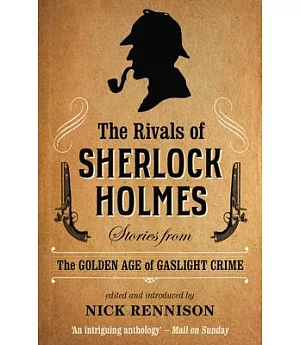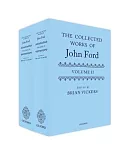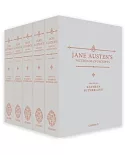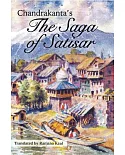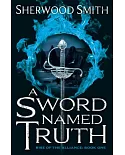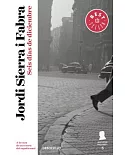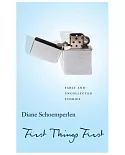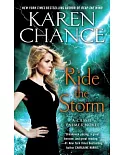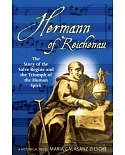Sherlock Holmes is the most famous fictional detective ever created. The supremely rational sleuth and his dependable companion, Dr. Watson, will forever be associated with the gaslit and
smog-filled streets of late 19th- and early 20th-century London. Yet Holmes and Watson were not the only ones solving mysterious crimes and foiling the plans of villainous masterminds in
Victorian and Edwardian England. The years between 1890 and 1914 were a golden age for English magazines, and the startling success of the Holmes stories that appeared in
The
Strand magazine spawned countless imitators. This volume highlights some of those "rivals" of Sherlock Holmes. The 15 tales in this anthology introduce readers to such sleuths as
Jacques Futrelle’s dazzlingly intellectual genius Professor Augustus S. F. X. Van Dusen, aka the Thinking Machine, even more capable than Holmes himself of solving the most baffling of
mysteries through brainpower alone; Carnacki the Ghost Finder, detective of the occult created by legendary horror writer William Hope Hodgson; Eugene Valmont, a sophisticated and urbane French
detective, created by Robert Barr, who lives in exile in London and uses his Gallic wit and wisdom to learn the truth about the mysteries that regularly come his way; November Joe, Hesketh
Prichard’s Canadian woodsman who uses his extraordinary powers of observation to bring villains to justice; Craig Kennedy, a scientific detective from the years before World War I, created by
the American writer Arthur B. Reeve, who uses startling new technological advancements like X-rays and microphones to solve crime; and Hagar of the Pawn Shop, Fergus Hume’s feisty gypsy woman
who investigates strange stories associated with the objects that customers bring to her in her London shop. It may well be true that there never has been and never will be a detective quite
like Sherlock Holmes but he did not stand alone. He did have his rivals and, as this collection of short stories shows, many of their adventures were as exciting and entertaining as those of
the master himself.

